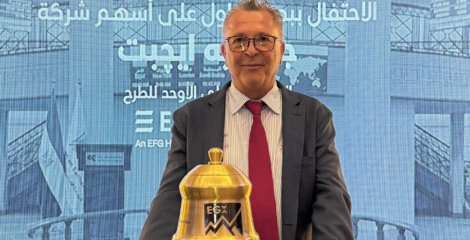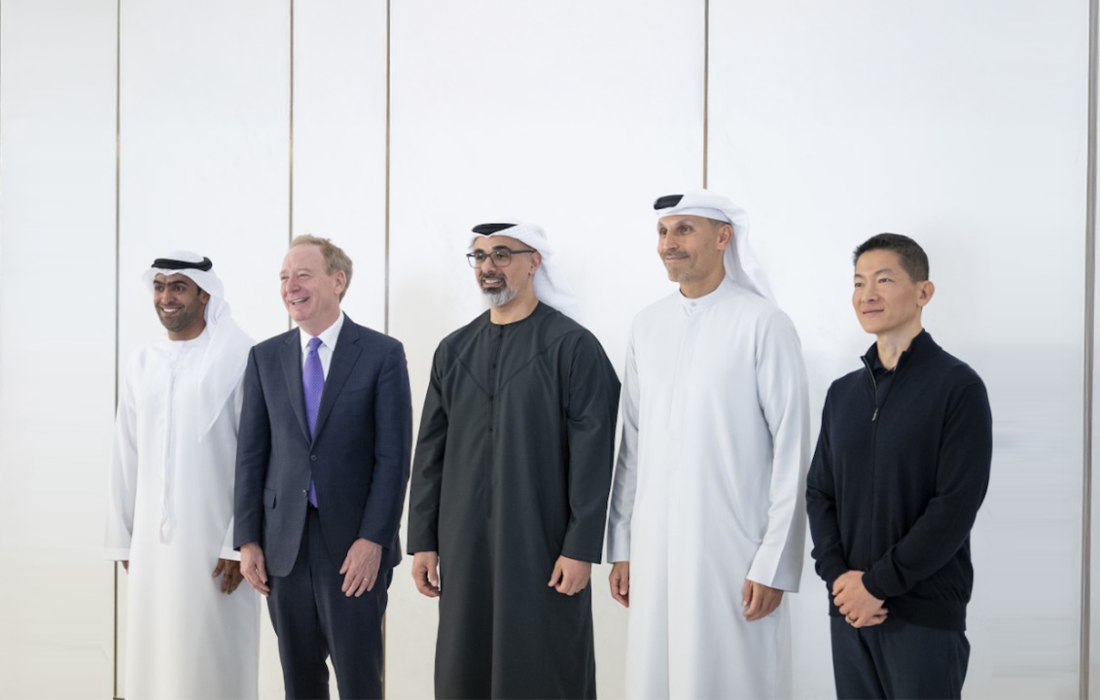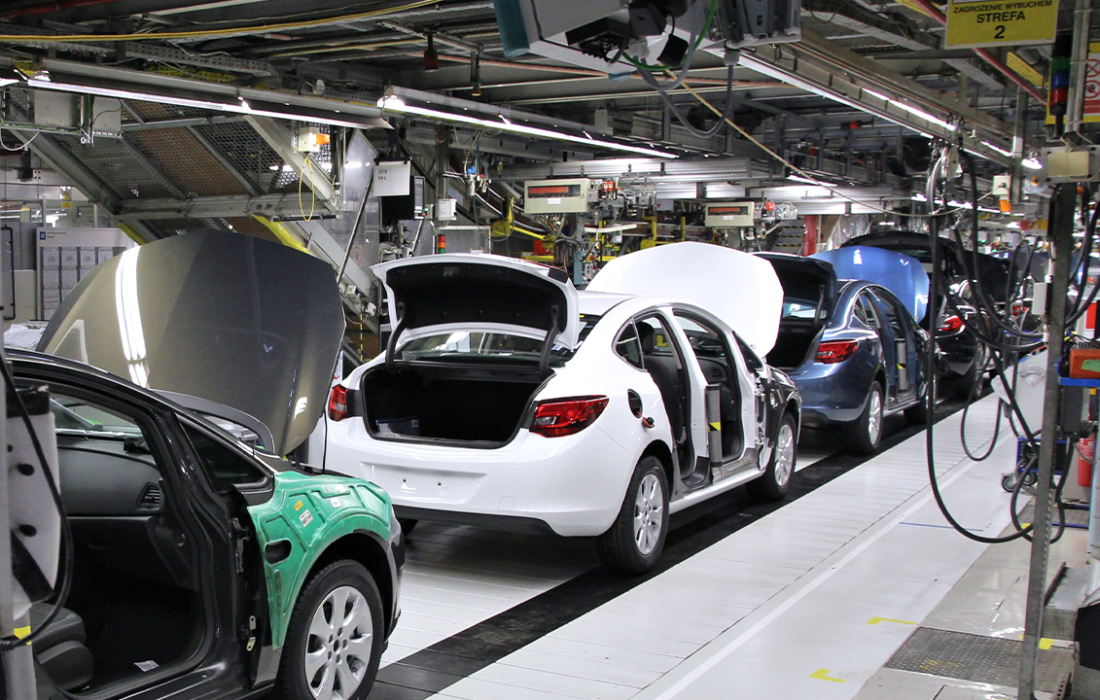- Mansour Group has begun construction on a USD 150M automotive factory to boost Egypt’s vehicle manufacturing and export capacity.
- The new MAC factory will produce 50,000 cars annually by 2026, including hybrid and electric models, creating thousands of jobs.
- The project aligns with Egypt’s push to localize car production, attract investment, and advance sustainable transport manufacturing.
Mansour Group
Mansour Group has laid the foundation for a new USD 150 million (EGP 7.5B) automotive factory in Egypt’s Sixth of October City. The project is led by MAC for Transport Manufacturing under Mansour Group, and aims to strengthen Egypt’s local manufacturing base. It also aims to support the government’s broader plan to localize the car industry.
The ceremony was attended by Deputy Prime Minister and Minister of Industry and Transport, Lieutenant General Engineer Kamel Al-Wazir. It was also attended by Sir Mohamed Mansour, Chairman of Mansour Automotive Group. Additionally, it was attended by Ankush Arora , Chief Executive Officer at Al Mansour Automotive.
Automotive Factory
The new factory will span 30 feddans approximately 126K square meters, with the first phase covering 47K square meters. It will be located in the industrial zone of New 6th of October. Moreover, it intends for production to start in December 2026 and produce around 50,000 vehicles annually. This will include fuel powered and electric vehicles in the first phase. Furthermore, it intends for production to ramp up to 100,000 vehicles per year within five years of operation.
The plant targets passenger cars, SUVs, and electric vehicles.Furthermore, it will rely on the latest technologies to preserve the environment by producing electric, hybrid, and other green mobility vehicles.
The factory expects to generate around 6,000 direct and indirect jobs in the first phase and up to 10,000 jobs within the next 5 years.It will manufacture environmentally friendly vehicles in collaboration with leading global companies. Furthermore, it seeks to boost local manufacturing, reduce dependency on imported vehicles, and achieve environmental sustainability goals.
If you see something out of place or would like to contribute to this story, check out our Ethics and Policy section.













